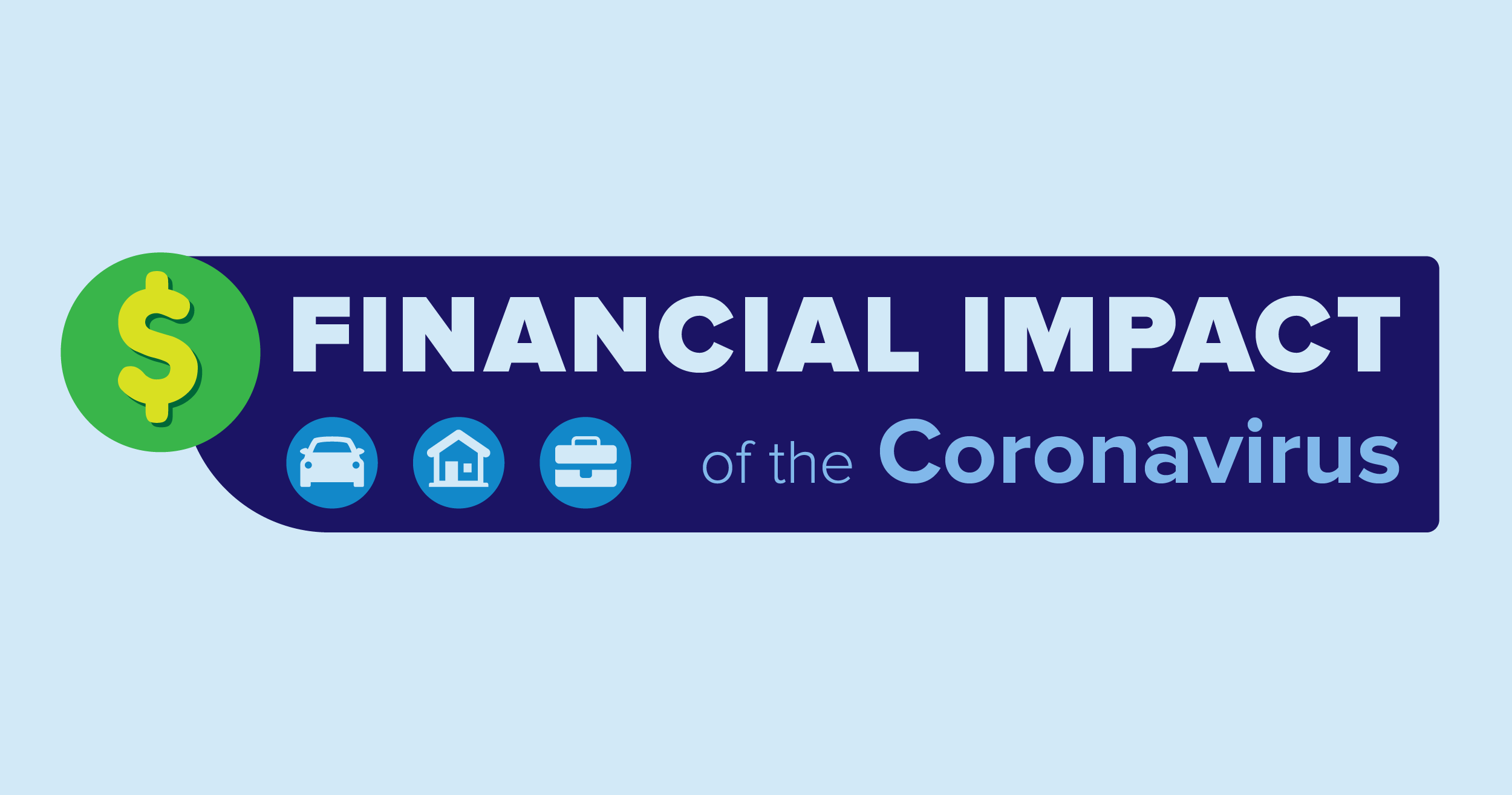COVID-19 has thrown the economy into a tailspin. Many people have been laid off, furloughed, or are working fewer hours. And as wages dry up, bills can pile up.

Debt can be tricky – especially when you have more month than money. Here are some ideas about how you can manage your debts and start regaining your financial footing.
- Gather your bills: Make a list of your monthly bills: rent/mortgage, car payment, utilities, student loans, medical bills, and anything else. Factor in how much you need for food, medicine, and other necessities.
- Ask for help: Many companies have special programs to help people right now. Contact the companies you owe money to and try to work out a new payment plan with lower payments or delayed due dates. Make sure to get any changes in writing.
- Find out if your state or local government offers programs that will allow you to hold off on paying some bills right now.
- Trouble paying your mortgage? Here’s some advice on how to manage that. If you have a government-backed mortgage, you may be able to delay payment by contacting your servicer.
- Need additional help? Check out ftc.gov/creditcounselor for tips on how to choose a counselor who really helps you out.
- Prioritize if you need to: If you still can’t pay everything on time, look at what would happen if you couldn’t pay each bill and decide which to pay first. Would you lose your home? Would your car be repossessed? Would your debt go into collection and affect your credit report?
- Study up: Check out the FTC’s advice on how to cope with debt in the short term, and how to get out of debt when you are able.
- Watch out for scams: In stressful times, scammers are everywhere. Beware of any company that guarantees that creditors will forgive your debts, or makes you pay up front for help. If you are looking for debt relief, make sure to find help you can trust.
If you come across a debt relief scam, we want to hear about it. Let us know at ftc.gov/complaint.
